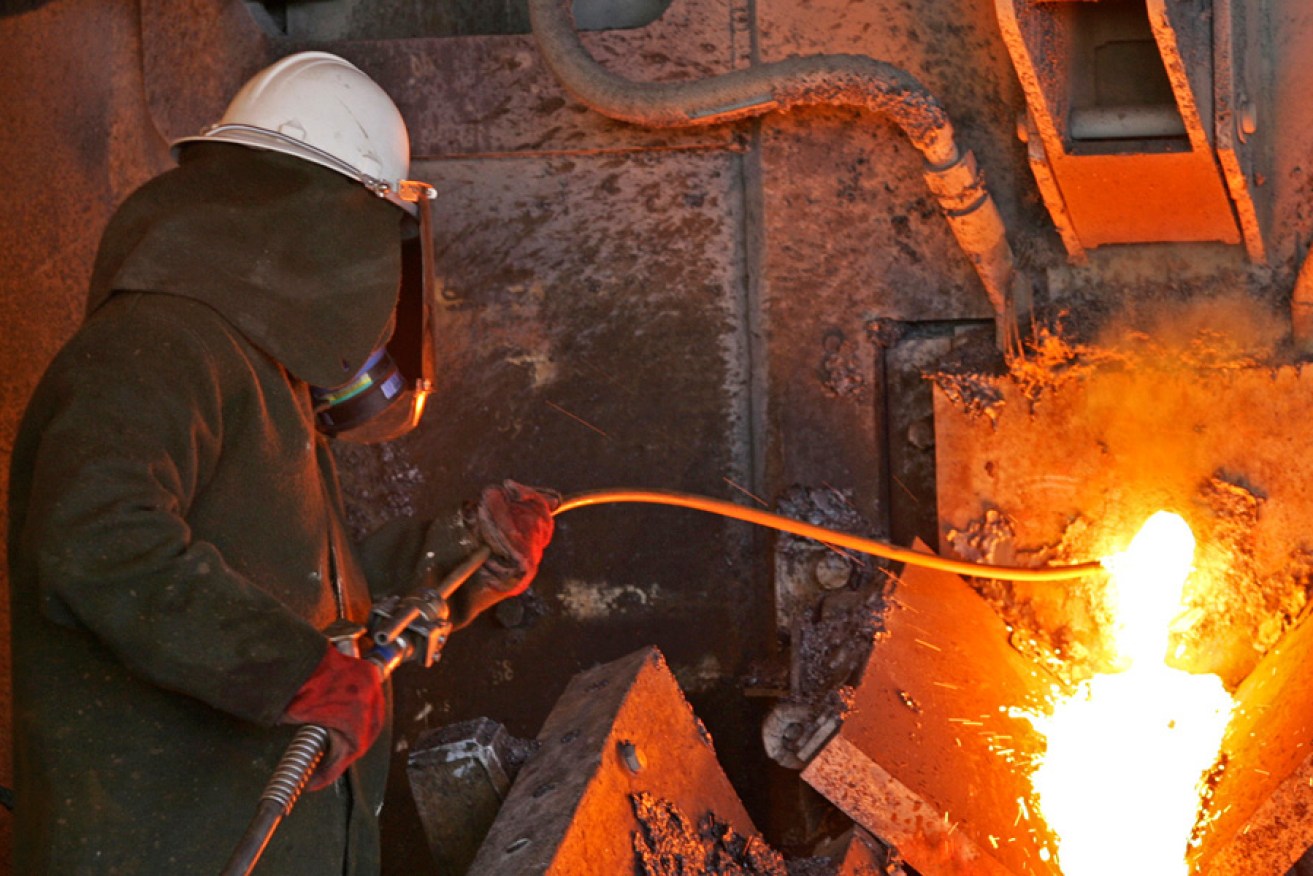Mining lobby campaigns against ‘same job, same pay’ laws
Why the mining industry is in ‘open revolt’ over Labor’s industrial relations agenda.

Australia’s $450-billion mining industry declared a war of words on the Albanese government this week after a surprise Senate deal saw the passage of key elements of the anticipated same job, same pay laws.
In comments that dredge up memories of the mining industry’s infamous bid to overturn the Rudd Government’s mining tax in 2012, the Minerals Council has promised mayhem over the move, calling it “economic vandalism” and pledging to campaign for the changes to be repealed.
But the government – for now – is holding firm, with Industrial Relations Minister Tony Burke deriding a $24 million ad blitz against the changes, saying lobbyists are being disingenuous.
Unfortunately, everyday Australians have been caught in the middle, with Curtin University lecturer Sandra Martain saying the industrial relations debate has devolved into “hysteria”.
“We’re seeing a total revolt by the mining lobby in Western Australia,” Martain said.
Martain said the mining industry campaign was evident on Friday after the Kerry Stokes-owned West Australian newspaper ran an incendiary front page spread against the government.
Utilising an extraordinary image of actor Margot Robbie bathing, the paper called the reforms “a dud”, suggesting that Robbie – who did not participate in the story – would “explain the truth”.
That “truth”, according to the mining industry, is that requirements to pay contracted workers the same rates as directly hired staff for doing the same job could spark a nationwide recession.
“[The bill is] a dramatic rewriting of workplace law that captures any business that provides workers, services or skills to another company, roping in millions of Australian workers right across the economy,” the Minerals Council said.
But Martain said industry lobbyists were relying on “false assertions” about the reforms, which will prevent companies like BHP and Qantas from using external labour hire to pay workers less.
She said a small number of large mining companies have exploited “loopholes” in current laws that let them escape the provisions of enterprise agreements requiring higher pay rates.
“They might set up their own legal entities and then they can negotiate separate agreements with the staff of those entities that will obviously be lower than the main agreement,” Martain said.
“If you’re bringing those other staff in to do exactly the same job, [then] where’s the fairness to those workers who are obviously going to be getting paid less?”
‘A lot of noise’
Martain added it will be “very important” that the government retains its resolve and rebuffs calls to repeal the Bill, even if the industry pursues a campaign echoing the 2012 anti-mining-tax push.
That campaign eventually led to the repeal of the mining tax in 2013, when Tony Abbott was elected in what was hailed as a massive victory for Australia’s biggest mining companies.
“The mining lobby are used to getting their own way,” Martain said.
“It’s a lot of noise by the powerful mining lobby to try and create fear among other employers.”
Unions also want the government to stand firm, with ACTU Secretary Sally McManus saying the companies “crying the loudest” are Australia’s biggest and most profitable.
“Mining companies such as Gina Rinehart’s or Qantas, whose CEOs are receiving huge bonuses, they don’t feel the hardships many Australians are feeling right now,” McManus said.
“They can well afford these changes, but they fought against them as they don’t want to see their mega profits take the smallest of hits.
“A small hit for them, a massive difference for working Australians.”
This story first appeared in our sister publication The New Daily.




